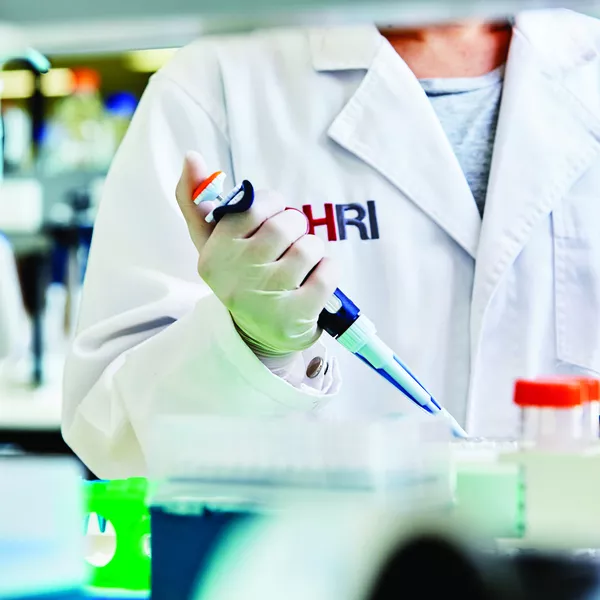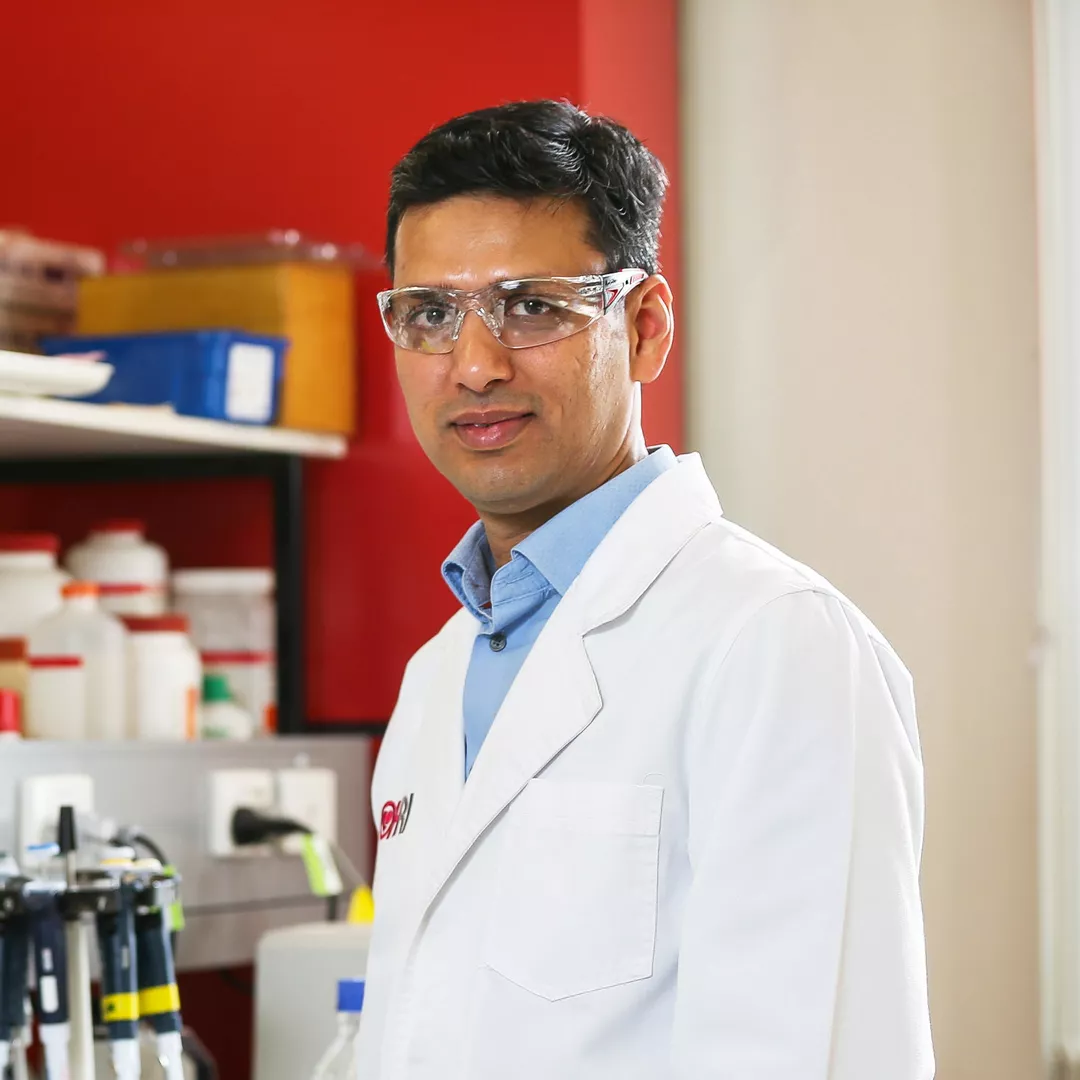Holding a PhD in cell biology, Dr Misra came to understand that the cells he worked with in his PhD played a pivotal role in vascular disorders. “There was little research in this area, so I took it as a challenge – and so I started my research in the cardiovascular disease space.
“The currently available cardiovascular therapies are not universally effective and do not reverse vascular disease completely. If we can identify the factors and signalling mechanisms that may provide better therapeutic options, we could prevent cardiovascular disease.”
Towards that goal, the Group will use a range of techniques including lineage tracing, fate mapping, high-resolution microscopy and single cell RNA sequencing to investigate fundamental biological processes such as cell migration, cell proliferation and fate change at the single cell level.
“Research life is a marathon, not a sprint that you can finish in one shot,” Dr Misra says. “There will be stretches of bad days, where you don’t get the results you want. But you just have to keep working, have patience and heart, and you’ll eventually get to the good days where you can achieve your goals.”
But while Dr Misra gains satisfaction from being published in highly regarded journals, such as the Journal of Experimental Medicine, Nature Communications and Science Translational Medicine, it is the response from families that might benefit from his research that he most appreciates.


